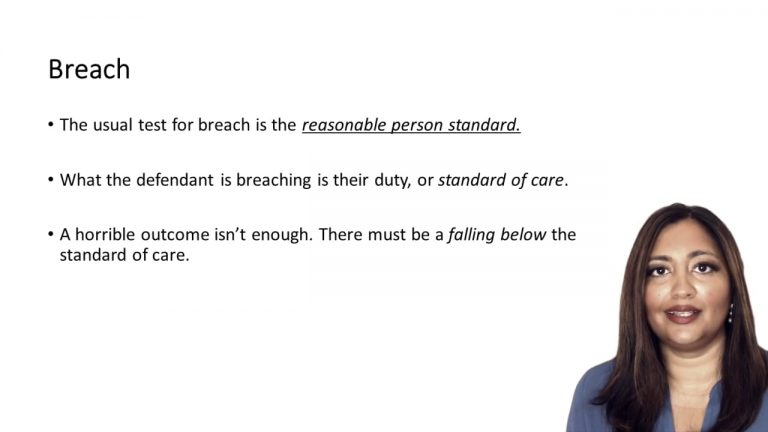SmartBrief
Confirm favorite deletion?
Contracts Keyed to Whaley
Freund v. Washington Square Press
Citation:
Court of Appeals of New York, 1974. 34 N.Y.2d 379, 357 N.Y.S.2d 857, 314 N.E.2d 419.Facts
Freund (Plaintiff) was an author and a college teacher who granted Washington Square Press (Defendant) exclusive rights to publish and sell plaintiff’s work on modern drama. The contract stated that defendant agreed to publish the manuscript in a hardbound edition within 18 months of its receipt and pay royalties to plaintiff based upon the percentage of sales. If defendant deemed plaintiff’s manuscript “not suitable for publication” it had the right to terminate the agreement by written notice within 60 days of delivery of the manuscript. Defendant did not exercise its right to terminate the agreement, however it refused to publish the manuscript.
Only StudyBuddy Pro offers the complete Case Brief Anatomy*
Access the most important case brief elements for optimal case understanding.
*Case Brief Anatomy includes: Brief Prologue, Complete Case Brief, Brief Epilogue
- The Brief Prologue provides necessary case brief introductory information and includes:
Topic:
Identifies the topic of law and where this case fits within your course outline.Parties:
Identifies the cast of characters involved in the case.Procedural Posture & History:
Shares the case history with how lower courts have ruled on the matter.Case Key Terms, Acts, Doctrines, etc.:
A case specific Legal Term Dictionary.Case Doctrines, Acts, Statutes, Amendments and Treatises:
Identifies and Defines Legal Authority used in this case.
- The Case Brief is the complete case summarized and authored in the traditional Law School I.R.A.C. format. The Pro case brief includes:
Brief Facts:
A Synopsis of the Facts of the case.Rule of Law:
Identifies the Legal Principle the Court used in deciding the case.Facts:
What are the factual circumstances that gave rise to the civil or criminal case? What is the relationship of the Parties that are involved in the case.Issue(s):
Lists the Questions of Law that are raised by the Facts of the case.Holding:
Shares the Court's answer to the legal questions raised in the issue.Concurring / Dissenting Opinions:
Includes valuable concurring or dissenting opinions and their key points.Reasoning and Analysis:
Identifies the chain of argument(s) which led the judges to rule as they did.
- The Brief Prologue closes the case brief with important forward-looking discussion and includes:
Policy:
Identifies the Policy if any that has been established by the case.Court Direction:
Shares where the Court went from here for this case.
Topic Resources
Topic Videos
 5m 51s
5m 51s 11m 27s
11m 27sTopic Outline
